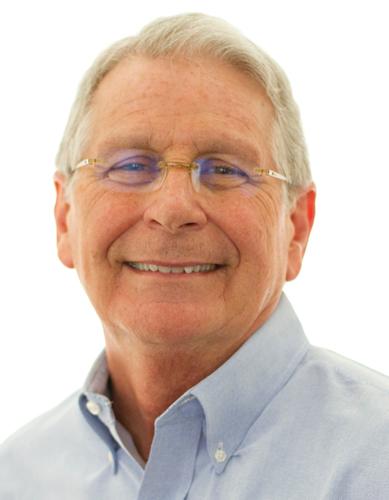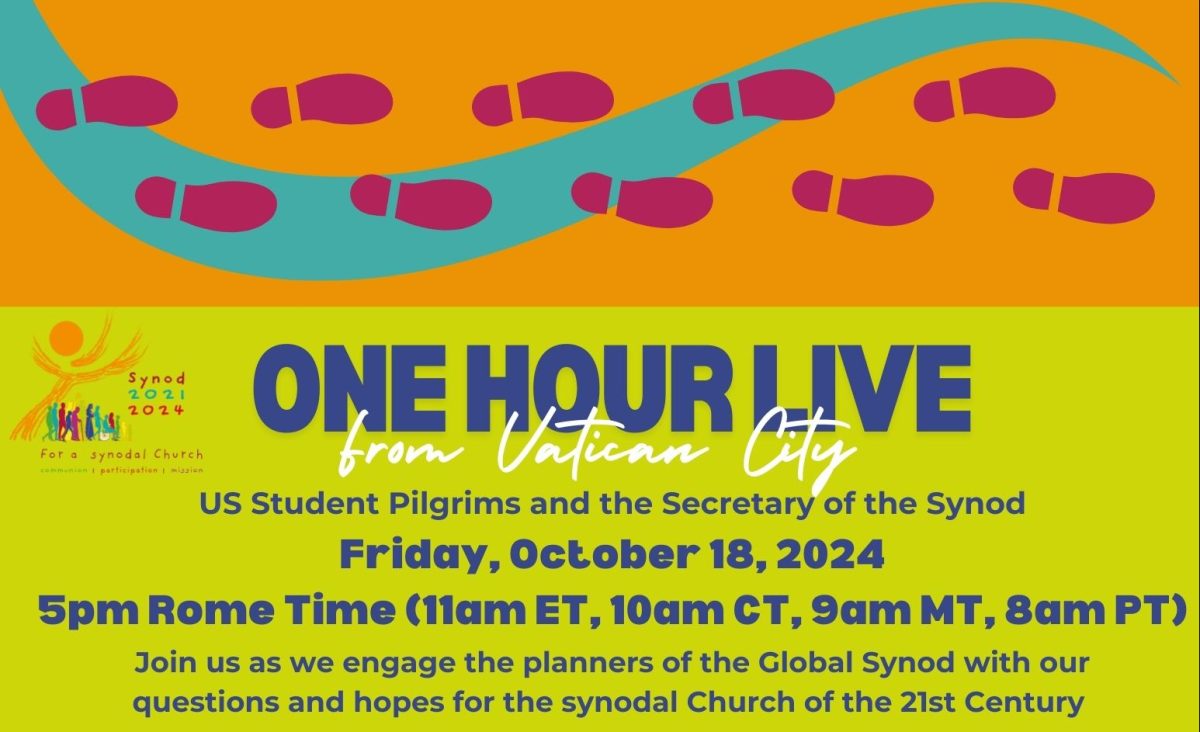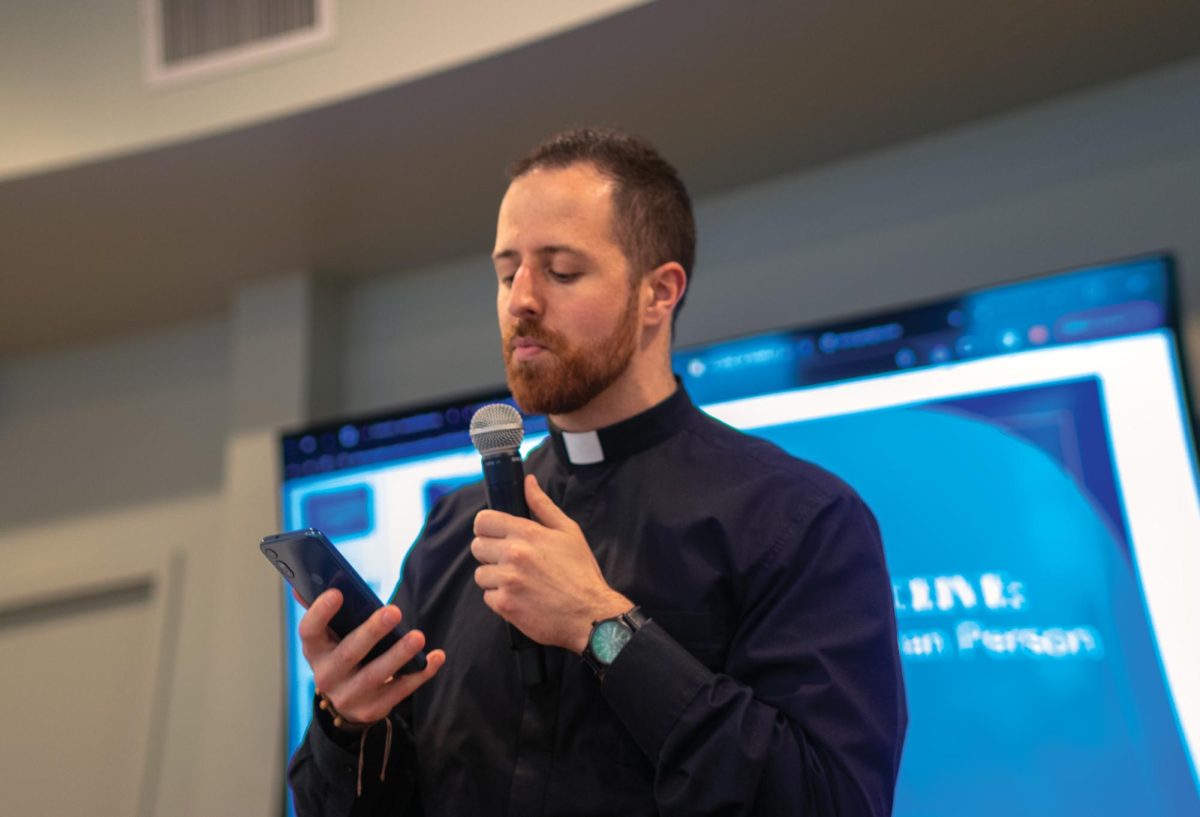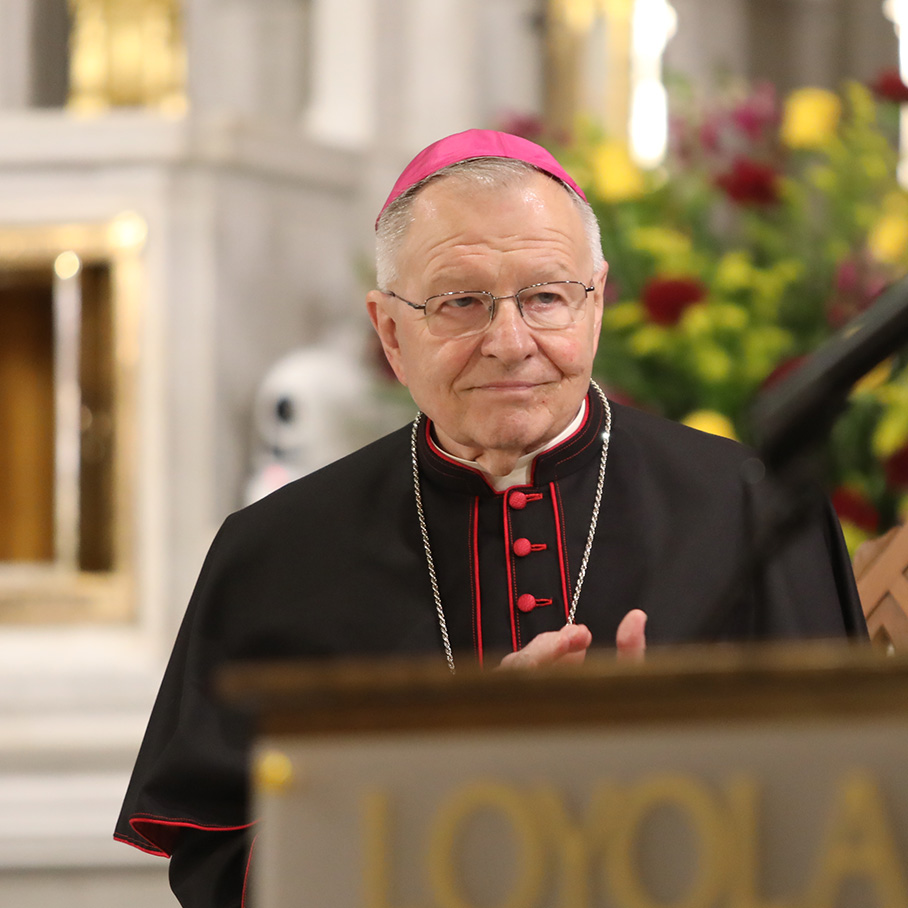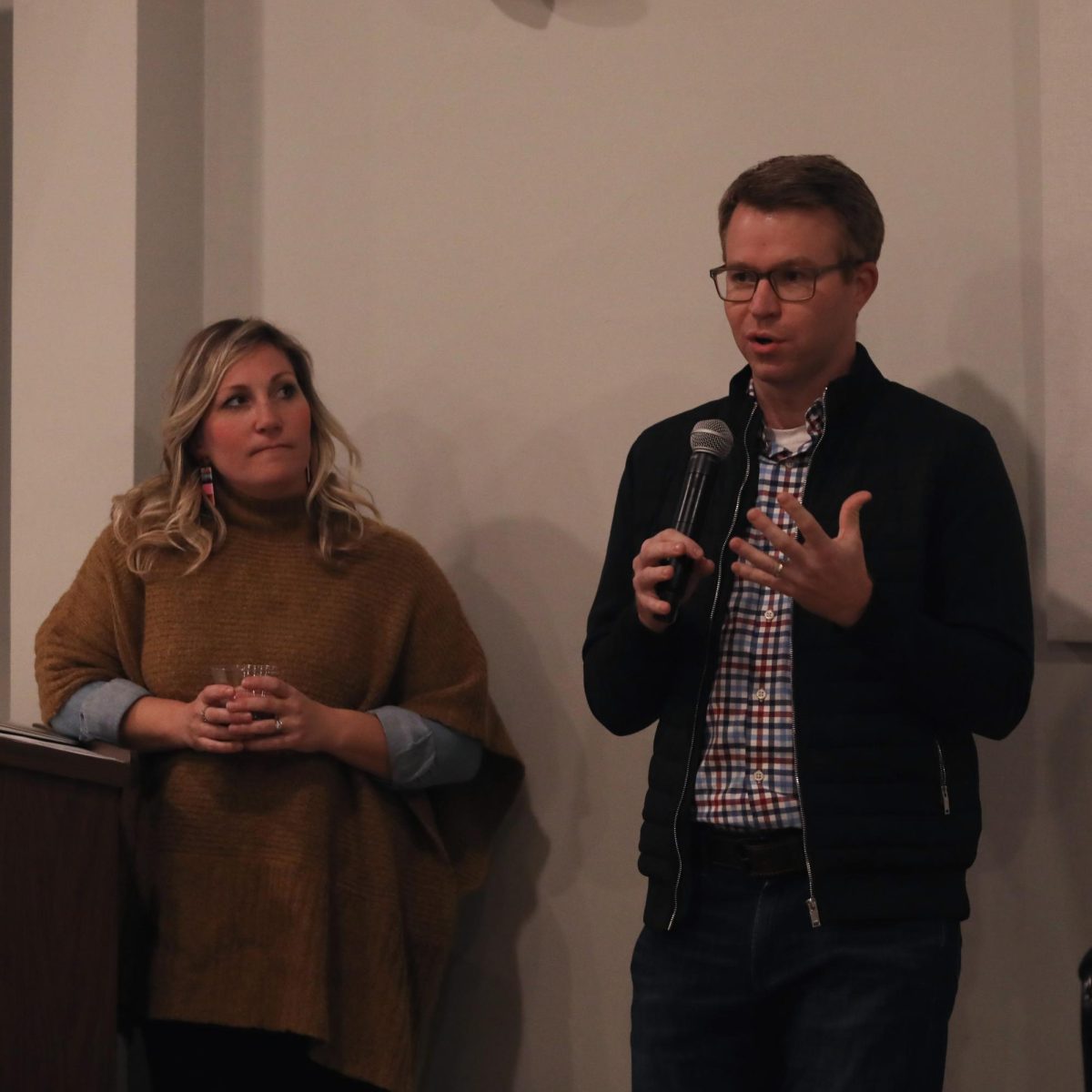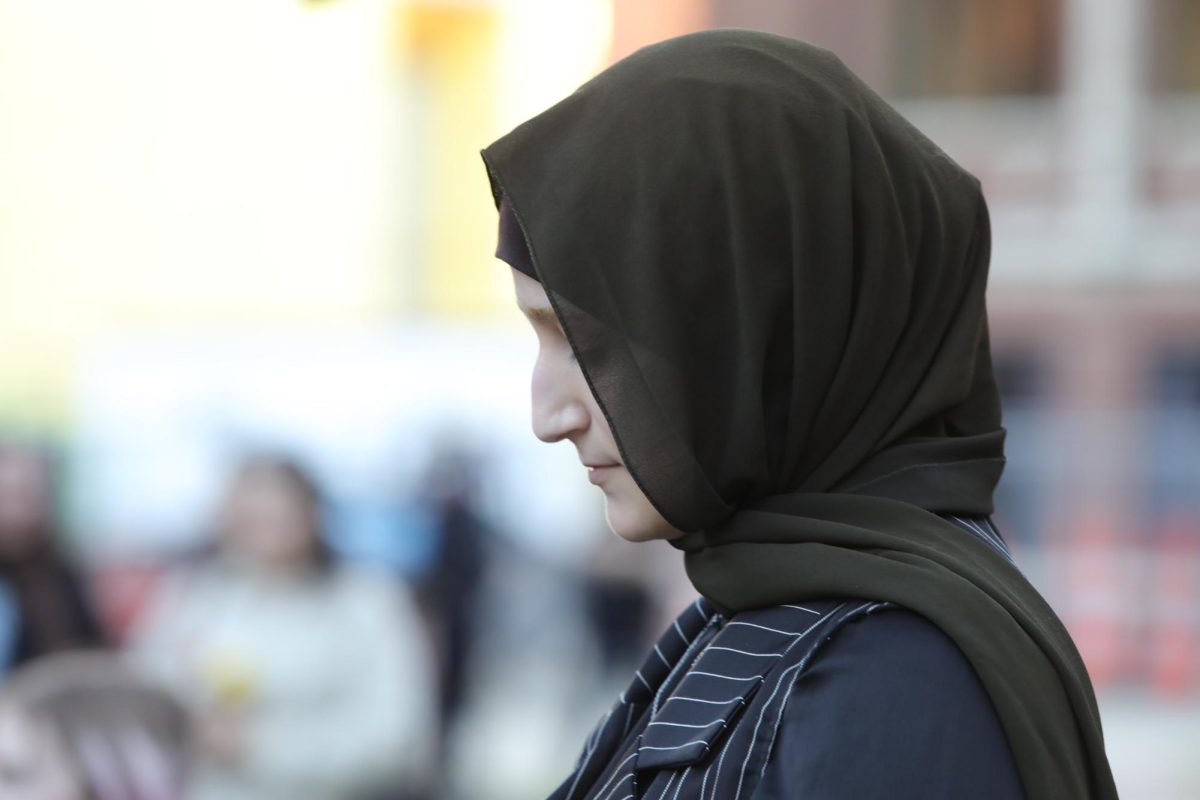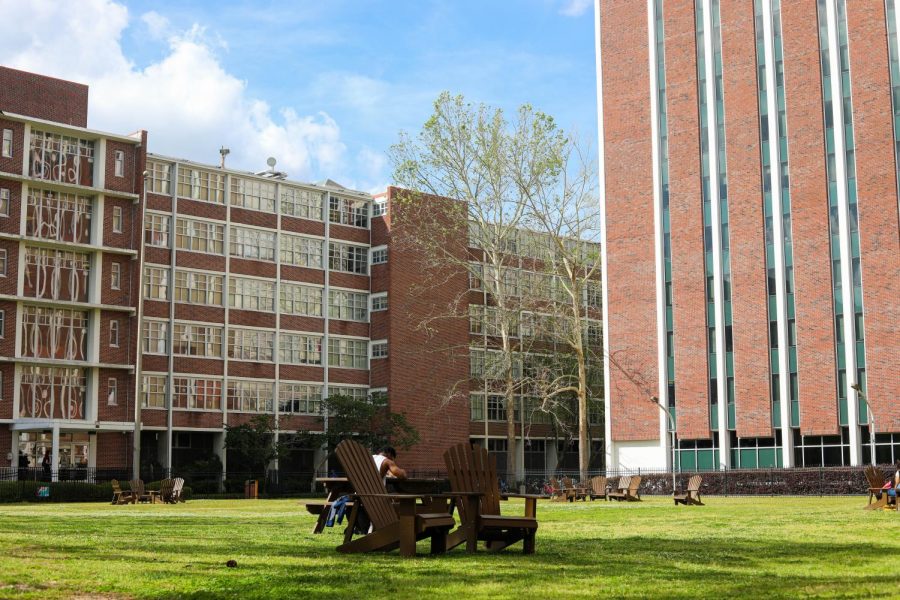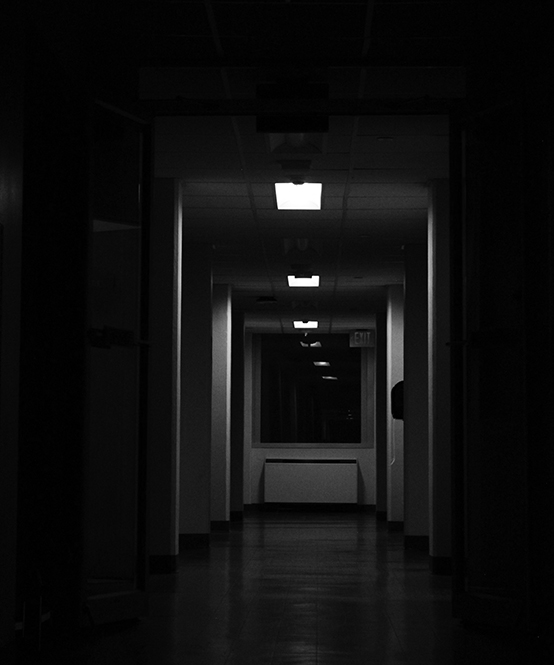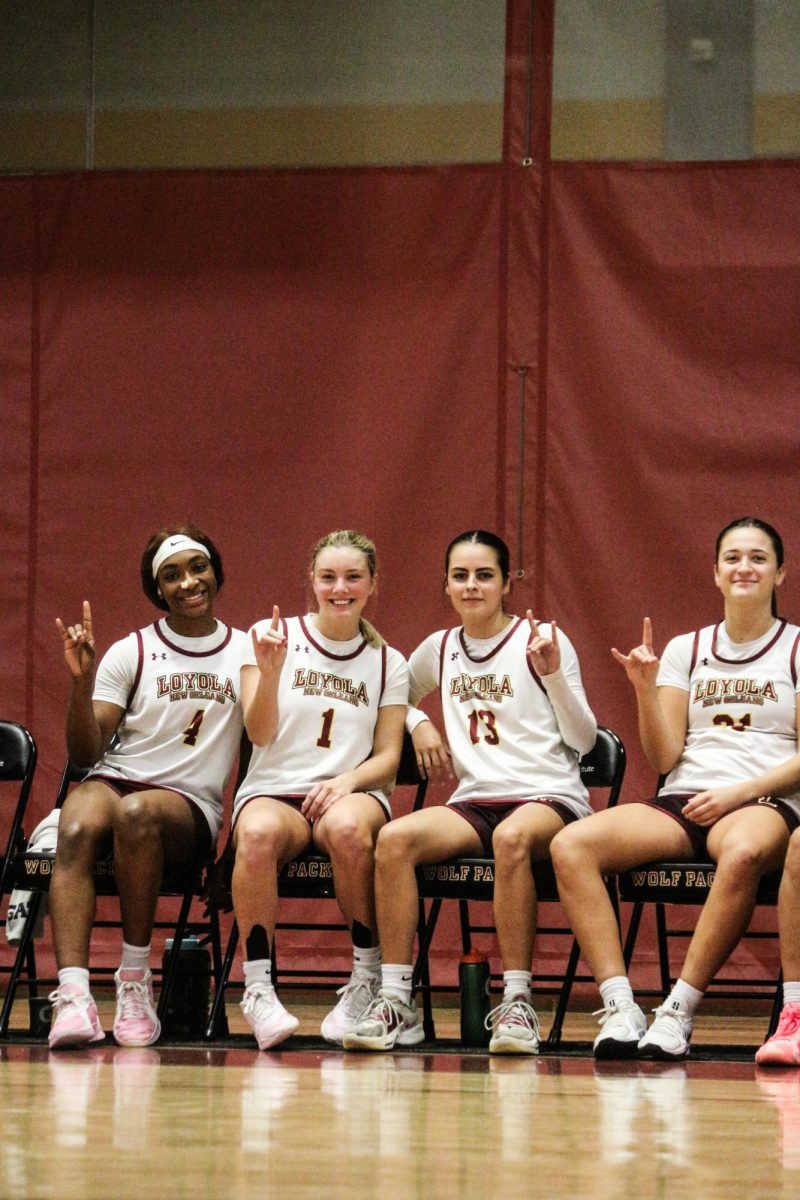I promised the editor that I would make this a personal column rather than an information piece, and I intend to keep my word. The topic I was asked to write about is my conversion from Episcopalianism to Judaism.
As far as I’m concerned, everyone can be righteous within their own faith or moral code. It never occurs to me that I have moved from a false faith to a true one. Irving Greenberg, the Orthodox Jewish theologian, argues that G-d has many covenants with many different peoples around the world, and I agree.
I come from a family through which many religious streams flow; Methodist, Roman Catholic, Episcopalian, and Lutheran. Our family get togethers were always inter-denominational. These included my parents, aunts, uncles, great aunts, great uncles, cousins and grandparents. It never occurred to me that any of them had a false religion or that they had somehow fallen out of G-d’s hand because they had committed some theological mistake. I learned early in my life that there are many paths to G-d, and that it’s up to each person to find her or his own way.
My path to Judaism was near lifelong. As a labor organizer during the first half of my adult life, many of my friends and associates were Jewish, not especially pious (and many of them inveterate Lefties) but all committed to the Jewish notion of “Tikkun Olam” (Healing the World).
As time went by, more and more of my friends tended to be Jewish. Many of them were either Holocaust survivors or the children of survivors. I was deeply impressed by their ability to find joy and meaning in spite of losing entire families and communities.
I began to take classes at Temple Sinai (Hebrew is the first language besides English that I actually enjoy learning), and formally converted on Shabbat Hagadol, which is the Sabbath before Pesach (Passover) in 2005. (Truth in advertising: Reform Jewish conversions are not accepted by all streams of Judaism. Such is life.)
Most of my time in Jewish practice is spent in Limmud (study). I usually go to services on Friday night (Erev Shabbat) and to Jewish Bible Study (Torah Shiur) on Saturday morning. Once a month I participate in a Talmud Study Group. (The Talmud is the Jewish equivalent of the New Testament, according to Rabbi Berke at Touro Synagogue). I don’t engage in “Tzedakah” (good works) the way I should, but I’m working on it. As many of my students would not be surprised to hear, I’m most comfortable in a friendly debate over the meaning of a text. Aidan Steinsaltz, a leading expert on the Talmud, observed that rules not being actively debated are probably not being actively observed. So study and debate has been the best way for me to engage in religious observance, and from what I can tell, that’s the way it will always be.
Roger White is a political science professor. He can be reached at rwhite@loyno.edu.


